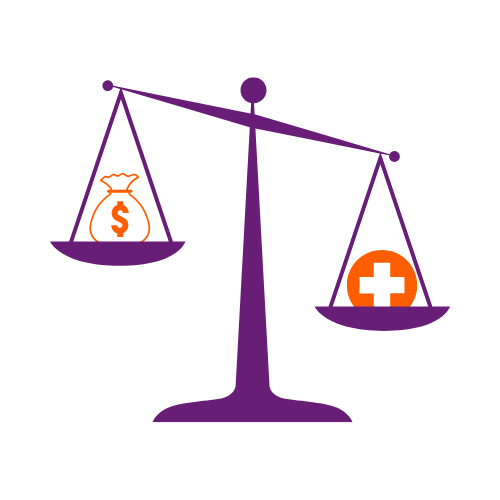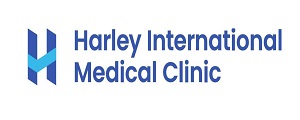
Test Code -HT1375
Human Papillomavirus (HPV) is one of the most common viral infections, often silent but sometimes leading to serious health issues like cervical cancer and genital warts. Most infections go away on their own, but some can linger and cause complications. Early detection are your best defense. Stay informed, stay protected — because your health matters!
Description
Human Papillomavirus (HPV) is one of the most common sexually transmitted infections, affecting nearly everyone who is sexually active at some point in their lives. While the virus often causes no symptoms and may go unnoticed, certain types of HPV can lead to serious health complications, particularly in women. These complications include cervical cancer, genital warts, and other cancers, such as those affecting the vagina, vulva, anus.For women, the most significant concern regarding HPV is its potential to cause cervical cancer. HPV infection is responsible for almost all cases of cervical cancer, with high-risk types of HPV causing abnormal changes in the cells of the cervix that can lead to cancer over time if left untreated. However, the good news is that HPV-related cancers are preventable, and early detection can significantly reduce the risk of these complications.Routine screenings like the Pap smear and the HPV test are essential for women's health. The Pap smear looks for precancerous changes in cervical cells, while the HPV test identifies the presence of high-risk HPV strains. These screenings can detect issues before they become cancerous, making early intervention possible and increasing the chances of successful treatment. Women should begin regular screenings at age 21, with follow-up screenings recommended based on individual health history and risk factors.For women who already have HPV, it’s important to know that in many cases, the body’s immune system clears the infection on its own. However, in some instances, the virus may persist and cause problems like genital warts or abnormal cell changes. Genital warts can be treated.The message for women is clear: HPV is common, but it doesn’t have to be dangerous. Through vaccination, routine screenings, and early intervention, women can protect themselves against HPV-related health issues, including cervical cancer.
You May Also like
Why choose us

Speed
On-time reporting with the best TAT in the industry.
Quality
Accredited centers: DHA, MOH, HAAD, CAP, ISO, JCI.
Accessibility
Extensive partner network & convenient home collection.
Satisfaction
35,000+ Satisfied Customers & 12+ Years of Trusted Service.






















